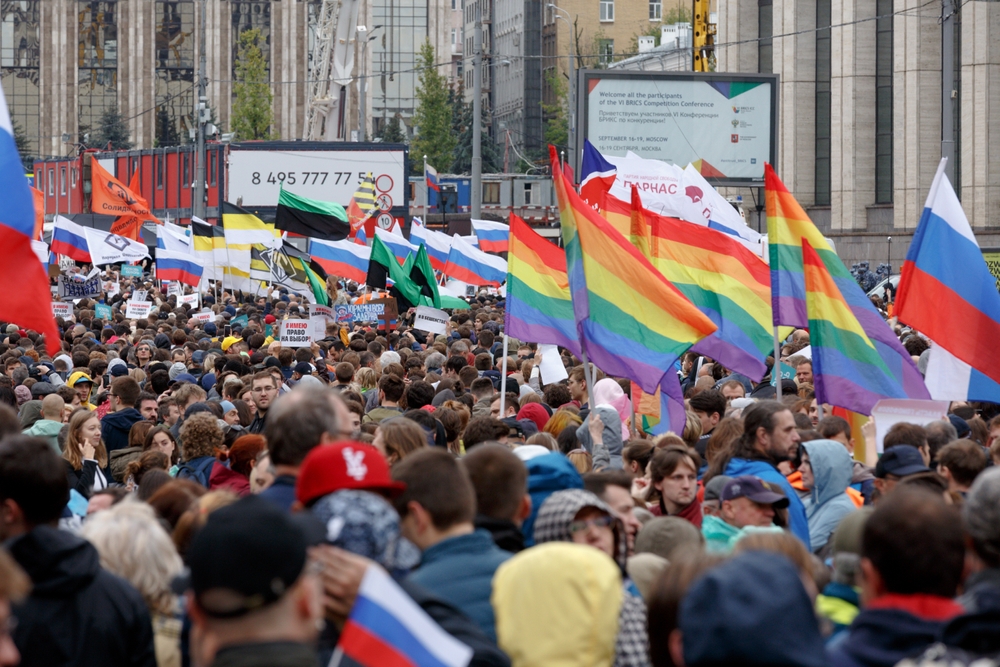Russia establishes a censorship body to identify books containing “LGBT propaganda”.
Others are reading now
Russian book publishers have established an expert panel to review books for compliance with Russian legislation, including the controversial “LGBT propaganda” law.
According to the Russian news outlet Novaya Gazeta, this new censorship body, created by the Russian Book Union, aims to identify and potentially withdraw books that are deemed non-compliant with Russian laws.
Purpose of the Expert Panel
The expert panel’s primary role is to examine books and assess whether they comply with Russian legislation. The panel has the authority to recommend the removal of books from publication and distribution if they contain content that violates the “LGBT propaganda” law or other Russian regulations.
The law, which has been in effect for a decade, was amended in 2022 to apply to all audiences, not just children, significantly expanding its scope.
Also read
The panel comprises representatives from various Russian entities, including the media regulator Roskomnadzor, the Russian Orthodox Church, and other religious organizations. It also includes members from historical and legal associations.
Impact on Book Publishing
Based on the expert panel’s recommendations, AST, one of Russia’s largest book publishers, announced it would suspend sales of certain books.
Among the titles affected are Heritage by acclaimed Russian author Vladimir Sorokin and two novels by US authors: Giovanni’s Room by James Baldwin and A Home at the End of the World by Michael Cunningham.
AST’s decision to withdraw these books was based on the panel’s assessment that they contained “information prohibited for distribution.”
The increased censorship and crackdown on LGBTQ+ content in Russia reflect a broader trend of persecution against sexual minorities.
In 2023, Russia’s Supreme Court officially designated the “international LGBT movement” as an extremist organization, effectively outlawing queer activism in the country. This ruling, along with the amended “LGBT propaganda” law, creates a challenging environment for LGBTQ+ individuals and their allies in Russia.








